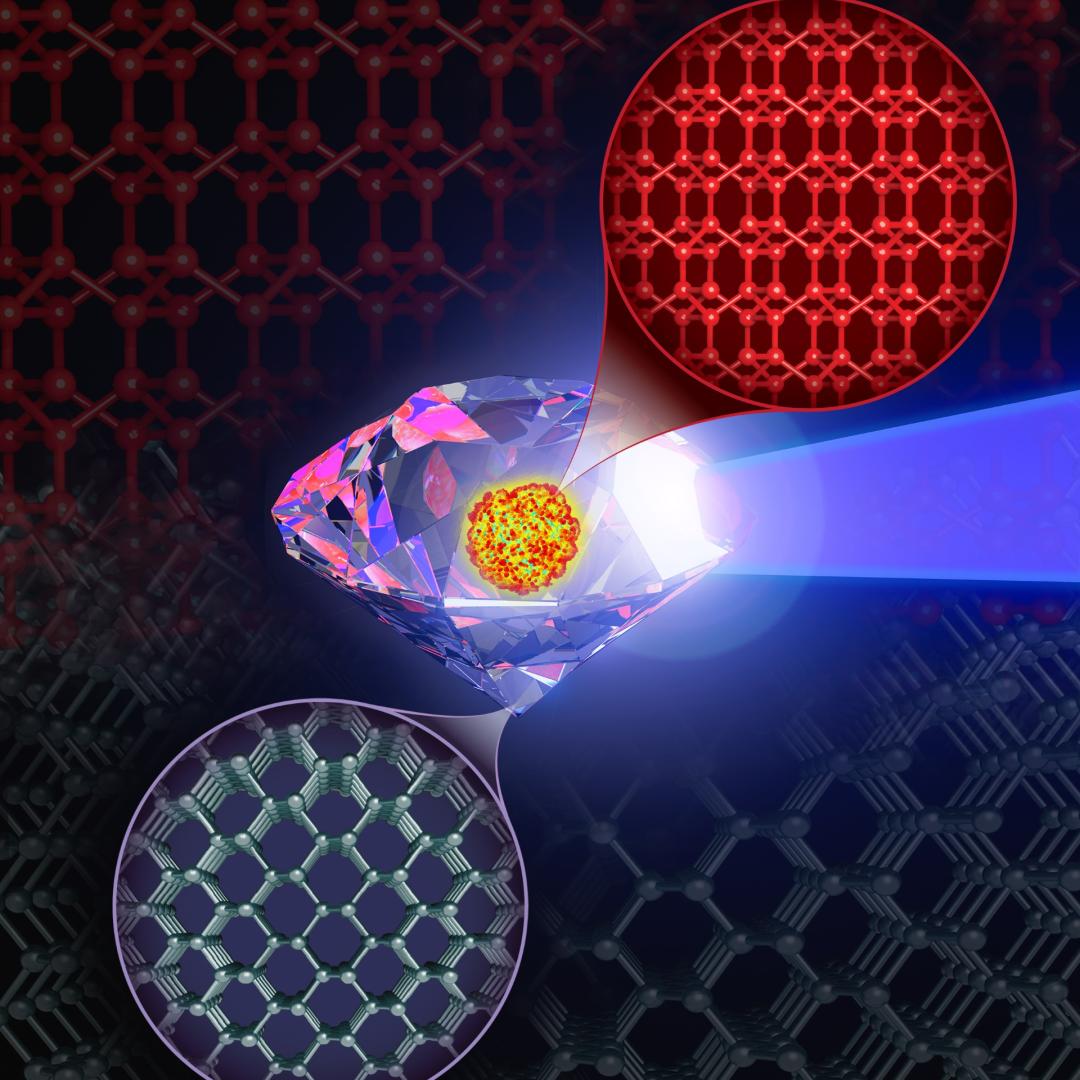
Filter News
Area of Research
- (-) Clean Energy (126)
- (-) Computational Biology (1)
- (-) Materials (73)
- Advanced Manufacturing (4)
- Biology and Environment (31)
- Computational Engineering (2)
- Computer Science (8)
- Electricity and Smart Grid (3)
- Functional Materials for Energy (1)
- Fusion and Fission (13)
- Fusion Energy (7)
- Isotopes (25)
- Materials for Computing (11)
- Mathematics (1)
- National Security (28)
- Neutron Science (104)
- Nuclear Science and Technology (20)
- Nuclear Systems Modeling, Simulation and Validation (1)
- Quantum information Science (1)
- Sensors and Controls (2)
- Supercomputing (59)
- Transportation Systems (2)
News Topics
- (-) Advanced Reactors (9)
- (-) Artificial Intelligence (14)
- (-) Clean Water (10)
- (-) Grid (41)
- (-) Isotopes (13)
- (-) Microelectronics (1)
- (-) Neutron Science (43)
- (-) Security (7)
- (-) Transportation (69)
- 3-D Printing/Advanced Manufacturing (89)
- Big Data (7)
- Bioenergy (30)
- Biology (14)
- Biomedical (12)
- Biotechnology (4)
- Buildings (36)
- Chemical Sciences (33)
- Climate Change (23)
- Composites (19)
- Computer Science (37)
- Coronavirus (15)
- Critical Materials (19)
- Cybersecurity (10)
- Decarbonization (34)
- Energy Storage (86)
- Environment (64)
- Exascale Computing (3)
- Fossil Energy (2)
- Frontier (3)
- Fusion (7)
- High-Performance Computing (11)
- Hydropower (2)
- Irradiation (1)
- ITER (1)
- Machine Learning (10)
- Materials (94)
- Materials Science (90)
- Mathematics (3)
- Mercury (3)
- Microscopy (29)
- Molten Salt (3)
- Nanotechnology (41)
- National Security (6)
- Net Zero (3)
- Nuclear Energy (22)
- Partnerships (16)
- Physics (29)
- Polymers (21)
- Quantum Computing (3)
- Quantum Science (12)
- Renewable Energy (1)
- Simulation (4)
- Space Exploration (5)
- Statistics (1)
- Summit (7)
- Sustainable Energy (71)
- Transformational Challenge Reactor (5)
Media Contacts
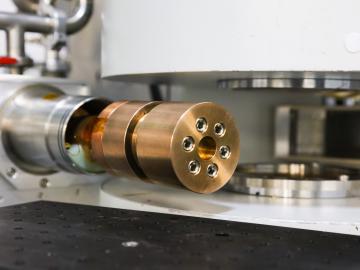
Researchers have pioneered a new technique using pressure to manipulate magnetism in thin film materials used to enhance performance in electronic devices.
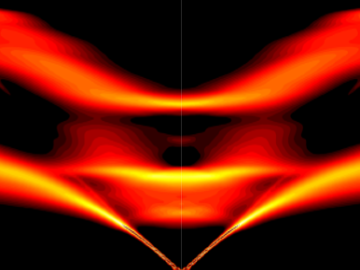
Scientists have discovered a way to alter heat transport in thermoelectric materials, a finding that may ultimately improve energy efficiency as the materials
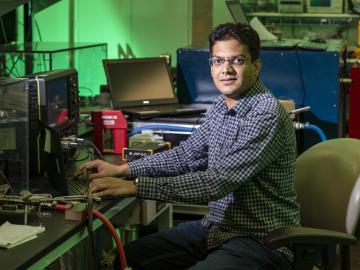
Galigekere is principal investigator for the breakthrough work in fast, wireless charging of electric vehicles being performed at the National Transportation Research Center at Oak Ridge National Laboratory.
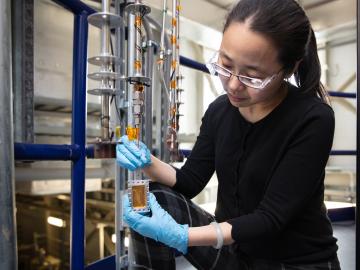
Researchers at the Department of Energy’s Oak Ridge National Laboratory, Pacific Northwest National Laboratory and Washington State University teamed up to investigate the complex dynamics of low-water liquids that challenge nuclear waste processing at federal cleanup sites.
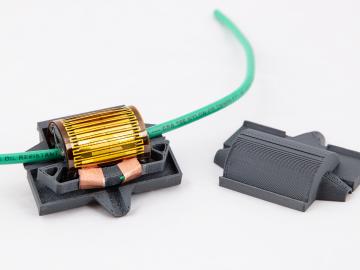
Scientists at Oak Ridge National Laboratory have developed a low-cost, printed, flexible sensor that can wrap around power cables to precisely monitor electrical loads from household appliances to support grid operations.
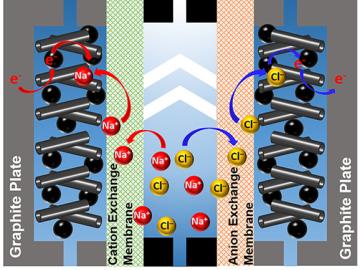
A team of scientists led by Oak Ridge National Laboratory used carbon nanotubes to improve a desalination process that attracts and removes ionic compounds such as salt from water using charged electrodes.

Oak Ridge National Laboratory’s latest Transportation Energy Data Book: Edition 37 reports that the number of vehicles nationwide is growing faster than the population, with sales more than 17 million since 2015, and the average household vehicle travels more than 11,000 miles per year.
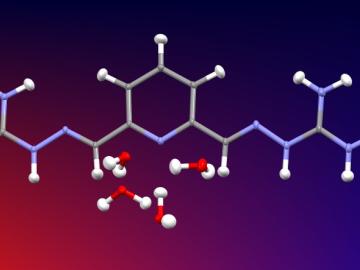
Researchers used neutron scattering at Oak Ridge National Laboratory’s Spallation Neutron Source to investigate the effectiveness of a novel crystallization method to capture carbon dioxide directly from the air.
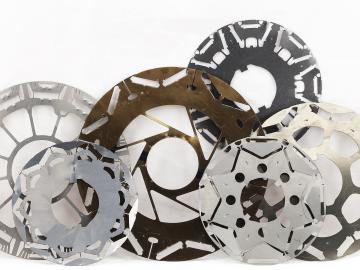
Oak Ridge National Laboratory scientists have created open source software that scales up analysis of motor designs to run on the fastest computers available, including those accessible to outside users at the Oak Ridge Leadership Computing Facility.
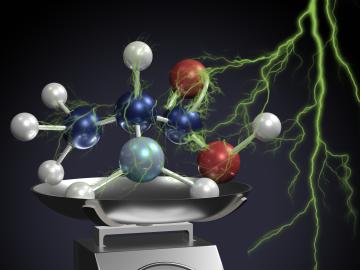
OAK RIDGE, Tenn., Jan. 31, 2019—A new electron microscopy technique that detects the subtle changes in the weight of proteins at the nanoscale—while keeping the sample intact—could open a new pathway for deeper, more comprehensive studies of the basic building blocks of life.


